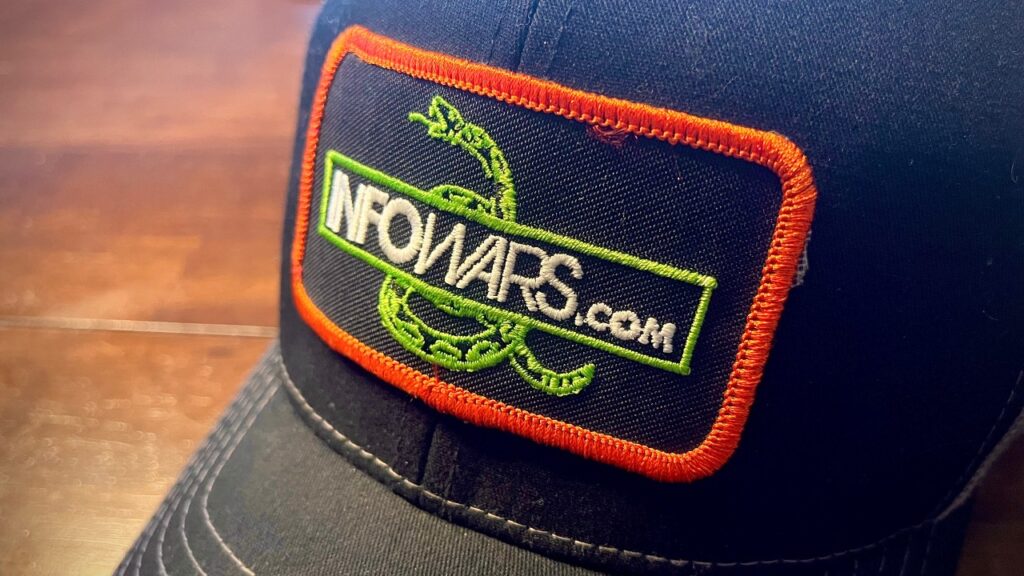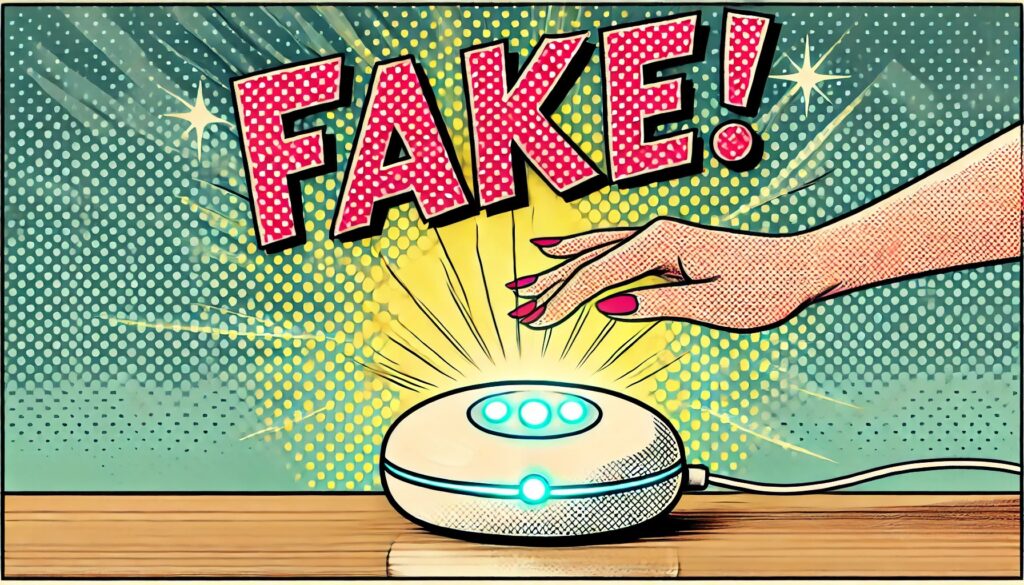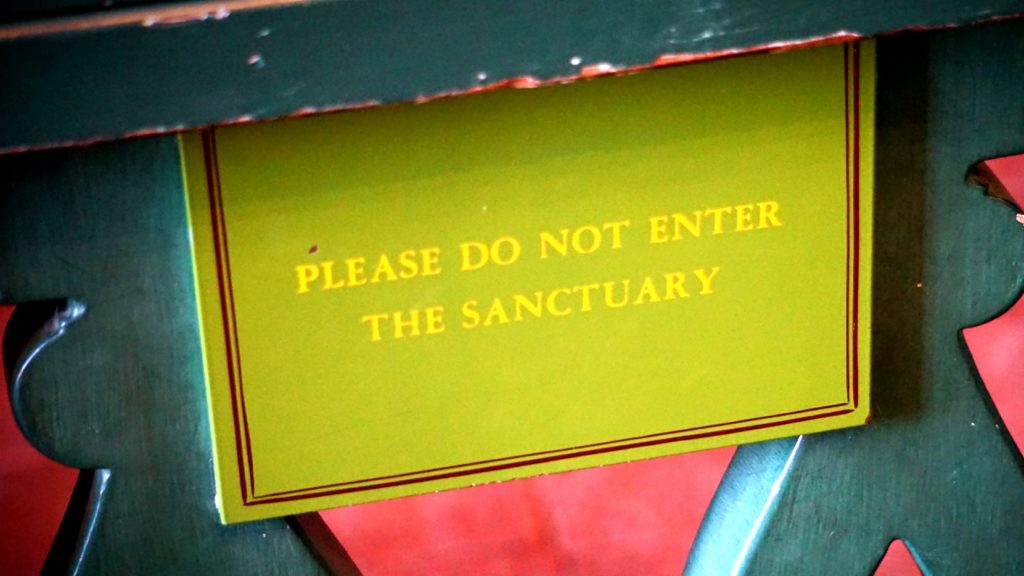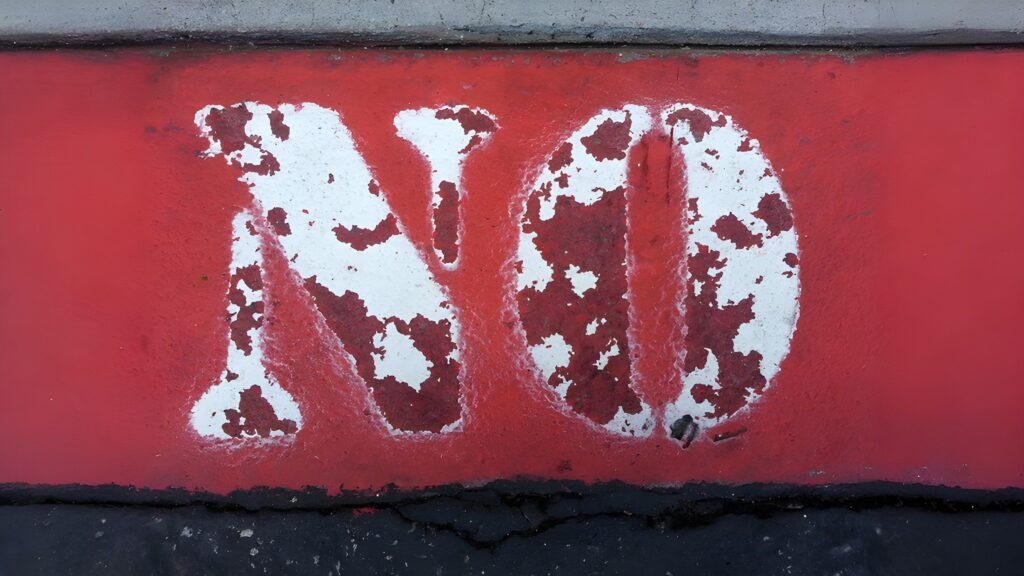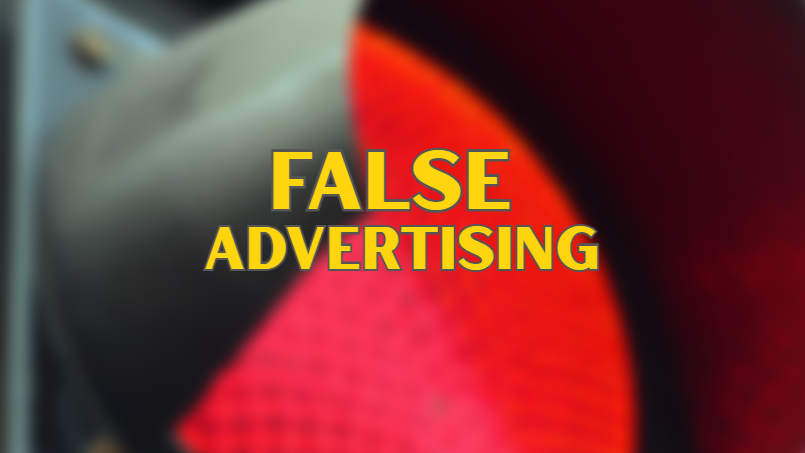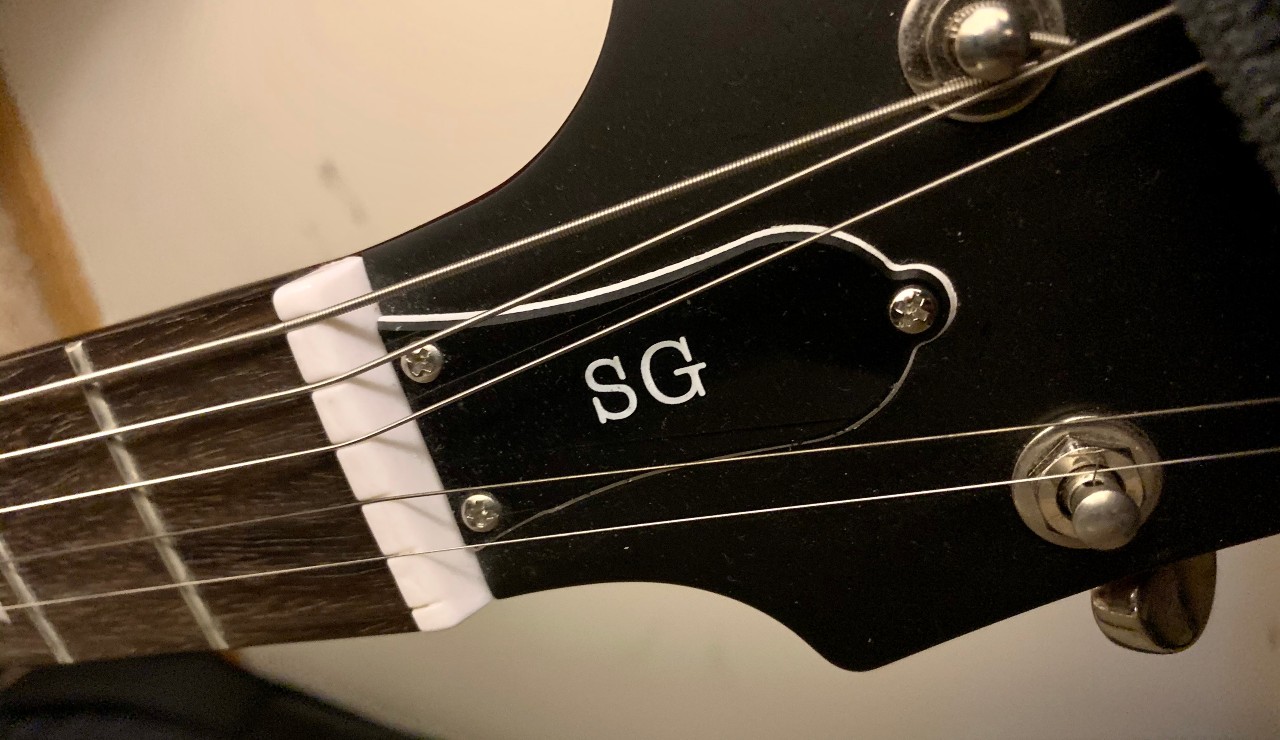
Impulse Communications sued defendants claiming unfair competition and cybersquatting. Plaintiff alleged that defendants’ use of the mark ADOPT ME! for a virtual pet game on the Roblox platform caused confusion and harmed its brand. Defendants moved to dismiss these claims. The court denied the motion.
Plaintiff’s longstanding use of its mark
Plaintiff argued that it had been using the mark ADOPT ME since 2000, investing over $200,000 to build a distinct and reputable brand. The game, originally hosted on a website, expanded into the physical toy market through partnerships and later became an iOS app. Plaintiff alleged that millions of users adopted virtual pets through the game and that the mark earned a reputation for family-friendly entertainment.
According to plaintiff, defendants launched their game ADOPT ME! in 2017 and registered domain names such as <playadopt.me>. Despite adding an exclamation mark to the branding, defendants allegedly created confusion by using names and marketing strategies that allegedly infringed on plaintiff’s mark. Plaintiff claimed this confusion damaged its reputation, especially as defendants’ game grew in popularity and entered markets such as plush toys and fast-food promotions.
Defendants’ motions
Defendants moved to dismiss plaintiff’s claims of cybersquatting and unfair competition, arguing that the mark ADOPT ME was not distinctive or famous enough for legal protection. They denied acting in bad faith when registering the disputed domain names and asserted that any similarity between the marks was unintentional. Defendants also filed a motion to strike parts of the complaint, which referenced criminal activity and speculative harms allegedly associated with defendants’ game.
The court’s decision
The court denied defendants’ motion to dismiss, ruling that plaintiff plausibly alleged distinctiveness in the mark ADOPT ME through longstanding use and national recognition. The court found sufficient allegations of consumer confusion, including misdirected communications, legal filings naming plaintiff in error, and public comments mistaking defendants’ game for plaintiff’s.
The court partially granted the motion to strike, removing allegations that were speculative or lacked a clear connection to defendants’ actions. However, the court upheld allegations related to consumer confusion and reputational harm, as they directly supported plaintiff’s claims.
Why this case matters
- Consumer Confusion Risks: This case emphasizes the need for clear brand distinctions to avoid misleading customers.
- Trademark Protection: It highlights the strength of common-law trademarks built on longstanding use, even without formal registration.
- Digital Branding Challenges: The dispute shows the difficulties of trademark enforcement in online gaming and domain name conflicts.
Impulse Communications, Inc. v. Uplift Games, LLC, 2024 WL 5202077 (D.R.I. Dec. 23, 2024).


